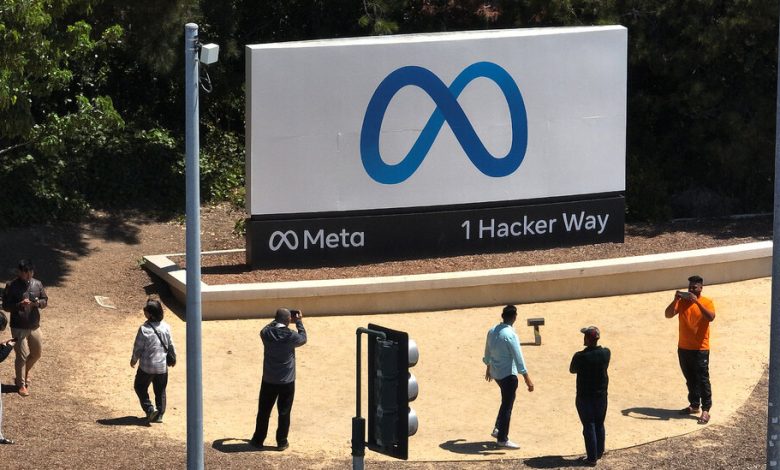Does Information Affect Our Beliefs?

It was the social-science equivalent of Barbenheimer weekend: four blockbuster academic papers, published in two of the world’s leading journals on the same day. Written by elite researchers from universities across the United States, the papers in Nature and Science each examined different aspects of one of the most compelling public-policy issues of our time: how social media is shaping our knowledge, beliefs and behaviors.
Relying on data collected from hundreds of millions of Facebook users over several months, the researchers found that, unsurprisingly, the platform and its algorithms wielded considerable influence over what information people saw, how much time they spent scrolling and tapping online, and their knowledge about news events. Facebook also tended to show users information from sources they already agreed with, creating political “filter bubbles” that reinforced people’s worldviews, and was a vector for misinformation, primarily for politically conservative users.
But the biggest news came from what the studies didn’t find: despite Facebook’s influence on the spread of information, there was no evidence that the platform had a significant effect on people’s underlying beliefs, or on levels of political polarization.
These are just the latest findings to suggest that the relationship between the information we consume and the beliefs we hold is far more complex than is commonly understood.
‘Filter bubbles’ and democracy
Sometimes the dangerous effects of social media are clear. In 2018, when I went to
